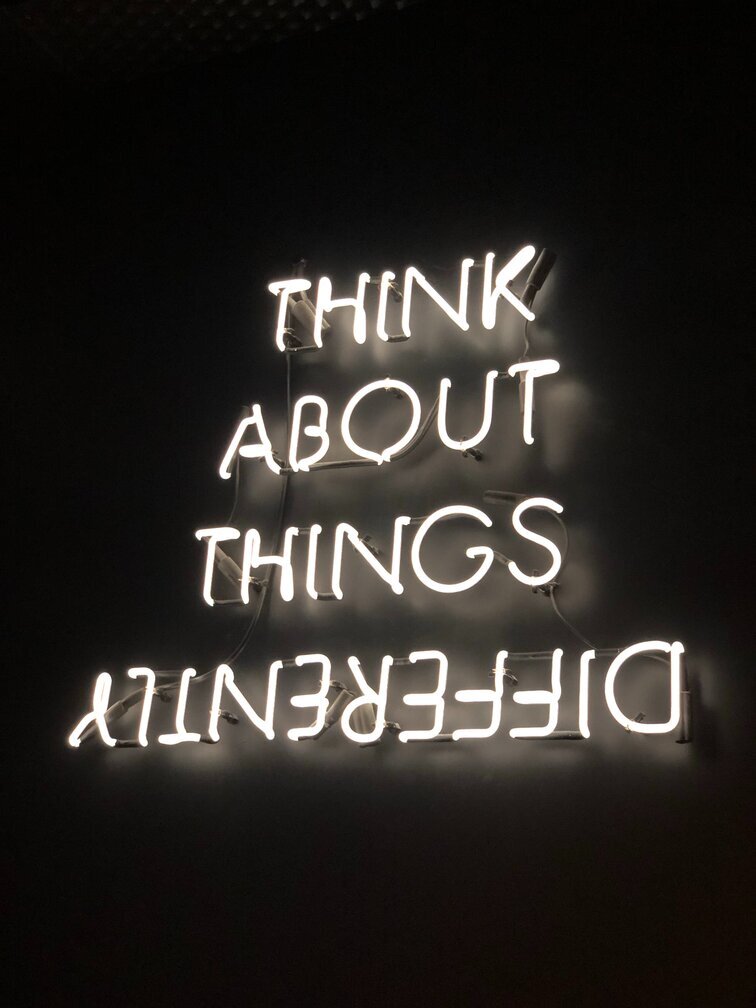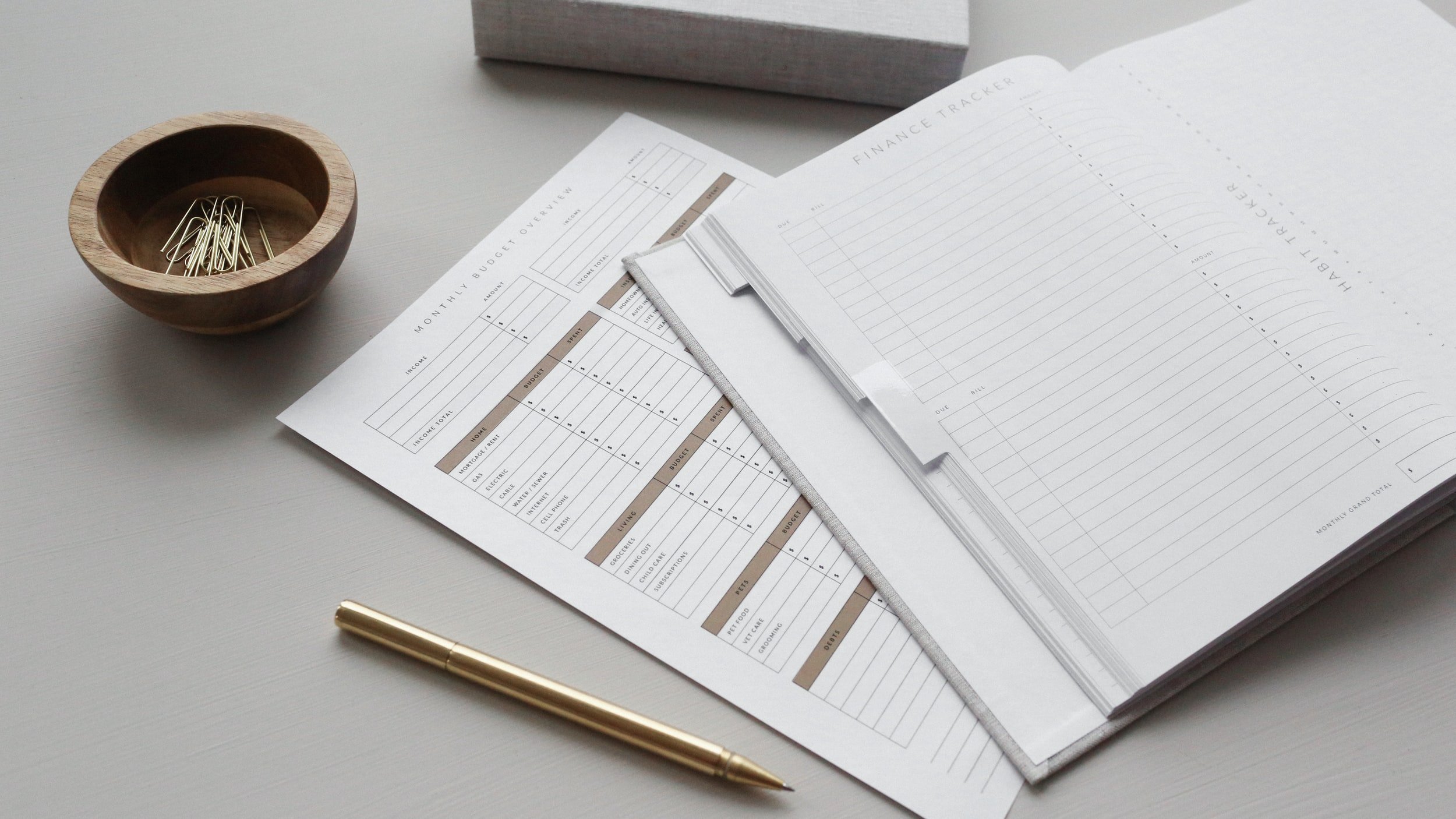What's the Difference Between Will and Would?
Are you confused about the difference between will and would in English?
It makes sense if you are because will and would are both modal verbs. This means that we use them with other verbs to talk about things such as possibility, obligation, suggestion, or asking for permission.
Many English learners get will and would confused because they’re used in very similar situations. But they’re not the same.
The main difference between will and would is that will is used for real possibilities while would is used for imagined situations in the future.
Of course, this is a simple explanation. To fully understand how to use will and would, we’ll need to cover the following points in more detail:
How to use will
How to use would
The difference between will and would in conditionals
The difference between will and would when making requests
The difference between will and would when offering something
The difference between will and would when giving advice
How to use will and would in reported speech
If you’re ready to finally learn how to use will and would, let’s get started!
Teaching English Just Got Easier!
Save hours of time with an organized collection of high quality, easy-prep ESL lesson plans and worksheets right at your fingertips.
‘Will’ and ‘WOULD’ differences and tips
How to use “will”
First, let’s take a look at a few ways that we use the modal verb will in English.
Using “will” to give information about the future
We commonly use will to give or ask for information about the future. Remember that we can shorten “I will” or “We will” to create the contraction “I’ll” or “We’ll”:
We’ll head home after work.
What time will they get here?
The conference will be held in Meeting Room A.
We also use will to talk about what we think, or guess will happen:
Don’t lend him your car. He’ll crash it.
Who do you think will win tomorrow?
Using “will” when we’re willing to doing something
We often use will to talk about things that we are ready to do or that we’re open to doing without any issues or objections:
I’ll eat whatever they’re serving. I’m not picky at all.
Sure, I’ll have a cup of coffee. Thanks!
I know she’ll go to Paris with me.
Mr. Johnson? Dr. Ramirez will see you now.
Using “will” for rules or orders
You’ll often hear will used to talk about general rules. You’ll see will on signs, in codes of conduct or company policies and procedures:
Smokers will be asked to smoke outside.
Students will remain on campus during school hours.
And sometimes you’ll hear people use will to give orders or commands, although we consider this extremely direct and even aggressive:
You will pick up your room!
You will not speak to me that way!
How to use “would”
Before we talk about the main differences between will and would, let’s talk about some common uses for would in English:
Using “would” for expectations in the past
We can use would to talk about things that we were expecting to happen in the past:
The sky was getting cloudy, which meant it would rain.
She wanted to call him, but she knew he wouldn’t answer.
It was 3:00 pm. He would be home soon.
Using “would” to talk about past habits
We can also use would to mean “used to.” So, we can use it to talk about things that we used to do routinely:
When we lived in the mountains, we would go hiking all the time.
When I was a kid, my dad would read me stories every night.
But be careful: When we use would in this context, we have to make it clear that we’re talking about the past. For instance, notice how we use used to and not would in the following examples:
We used to smoke.
I used to go jogging more.
Because would has a few different uses, it’s confusing to say:
We would smoke.
I would go jogging more.
If we don’t clarify that we’re talking about the past, it can sound like we’re talking about something we might do in the present if we had the opportunity. For clarity, it’s better to use would in this way:
Before we quit, we would smoke all the time.
I would go jogging more when I lived near the park.
Using “would” to talk about the future in the past
What? How can you use the future in the past?
In simple terms, when we’re speaking in the past, will becomes would. For example, imagine you’re a kid again, and you say:
Everyone tells me I will do amazing things one day.
As an adult, you can say:
When I was a kid, everyone told me that I would do amazing things one day.
Here’s another example. Imagine you just broke up with someone, and you say,
I will never love again.
But, after time passes, and you recover from the heartbreak, you can say:
After we broke up, I thought I would never love again.
Using “would” for patterns of behavior in the present
We can use would in the present to show that we expected the behavior or action from the person.
When we use would in this way, we’re communicating that we don’t like certain repetitive behaviors or actions. But we can also use it sarcastically or when we’re joking with someone.
We often combine it with a tag question to get a response from the person we’re speaking to. This use of would typically follows this structure:
You would say that, wouldn’t you?
(In this situation, the person might have said something silly or strange, and you were expecting it because they often say silly or strange things.)
He would walk here instead of taking the bus, wouldn’t he? He’s so silly.
(Here, it didn’t make sense to you that the person chose to walk instead of taking the bus. However, this person often makes silly choices, and for that reason you were not surprised.)
You just spoiled the ending of the book! You would do that, wouldn’t you?
(In this context, the person you’re talking to often shares with you the ending of a book that you haven’t read. So your comment communicates that you were expecting that from them.)
Remember, we use would this way when we’re frustrated with someone’s behavior or as a joke.
The difference between “will” and “would” in conditionals
Conditionals tend to give English learners trouble, often because of modal verbs and mixed tenses.
And will and would are no exception.
In general, we use conditionals to talk about possibilities and results.
To determine whether you should use will or would, ask yourself this question: Is it an imagined situation, or is it a real possibility in the future?
When we use will with conditional sentences, it’s usually to talk about real possibilities in the future. In this structure, the verb after if needs to be in the present tense:
We will stop by the coffee shop if we have time.
I will be surprised if he shows up at all.
If I win the money, I’ll give it to charity.
But we use would to talk about imagined situations, or things that don’t have the possibility of happening.
When we use conditionals with would, we use the past tense after if.
So, notice the difference between these sentences:
If we break up, I will be devastated.
(Here, breaking up is a possibility.)
She will be mad if we don’t show up on time.
(In this example, being late is a possibility.)
If we broke up, I would be devastated.
(Here, using would and the past tense means that breaking up is not a possibility.)
She would be mad if we didn’t show up on time.
(Again, the use of would and the past tense here means that the situation is hypothetical.)
So, to summarize, in the first two sentences, the speaker is talking about things that might happen soon. But in the last two examples, the speaker imagines something that’s only hypothetical.
So, that’s why we usually use would and not will when we give advice to someone or share our perspective:
If I were you, I would cancel the meeting.
If I were you, I will cancel the meeting.
If you lived here, you would have to walk to work.
If you lived here, you will have to walk to work.
The difference between “will” and “would” when making requests
We can use will or would to make requests with no change in meaning. But it can change the politeness of your request.
For example, if you say to your friend:
Would you hand me a soda?
It sounds much more polite than:
Will you hand me a soda?
So, generally, it’s better to use would when you’re asking people for favors. But if you do use will, you can always add the word “please” to make sure it sounds more polite.
There are some structures that we use to make requests that we can only use with would. For example:
Would you mind…?
Would you mind getting some wine on your way home?
Will you mind getting some wine on your way home?
Would + like
I would like the roast chicken, please.
I will like the roast chicken, please.
Would + rather
He would rather not eat out tonight.
He will rather not eat out tonight.
The difference between “will” and “would” when making offers
We can also use would or will to offer people things with no change in meaning or politeness.
I mean, it’s always polite to offer someone something!
But there are certain structures that we can only use with will and some we can only use with would.
Will you have…?
Will you have some more coffee?
Would you have some more coffee?
Would you like…?
Would you like another cocktail?
Will you like another cocktail?
How to use “will” and “would” in reported speech
We use the term reported speech to talk about what someone said without putting it in quotation marks.
It’s different from direct speech, which is when we use quotation marks to show that someone is speaking.
Here’s an example of direct speech. Here, you’ll notice that I’m using will:
“I will take care of it,” said Mark.
Here’s an example of reported speech, and in this situation, I have to use would:
Mark said he would take care of it.
So, if we use will in a statement that’s directly spoken, that means we have to use would in a statement that we report:
Direct: “Ana will meet us at the bar,” said Margaret.
Reported: Margaret said Ana would meet us at the bar.
Direct: He said, “I will never eat meat again!”
Reported: He said he would never eat meat again.
Direct: “You will love it here,” she said to me.
Reported: She told me I would love it here.
There’s one exception to this rule, though:
When we’re talking about an event that’s happening in the future, we can sometimes use will in reported speech. You’ll see this mostly after the present perfect tense:
Grandma and Grandpa have said they will visit for New Year’s Eve.
My neighbor has said that she will stop by the party.
Do I really need to learn the difference between “will” and “would”?
Like I said earlier, it’s pretty easy to confuse will and would because we use them in similar situations, and, frankly, they sound very similar!
Most of the time, mixing up these two modal verbs will not affect your ability to communicate. English speakers will still understand what you mean if you say: “I will like a soda, please” instead of “I would like a soda, please.”
Just make sure to avoid making mistakes that could confuse people and affect your communication. Here are some errors to avoid:
Don’t use would to talk about your definite plans in the future
Don’t use will to talk about habits in the past.
When you’re using will and would in conditional structures, just make sure that you’re using will for real possibilities and would for imagined situations.
And don’t worry if you make mistakes! Just remember that the more you practice using them, the easier it will be to use them correctly.
About the Writer
Marta is an online ESL teacher who works with students from around the world. As a writer, language nerd, and content contributor for In English With Love, her mission is to empower English learners with knowledge and positivity.

















